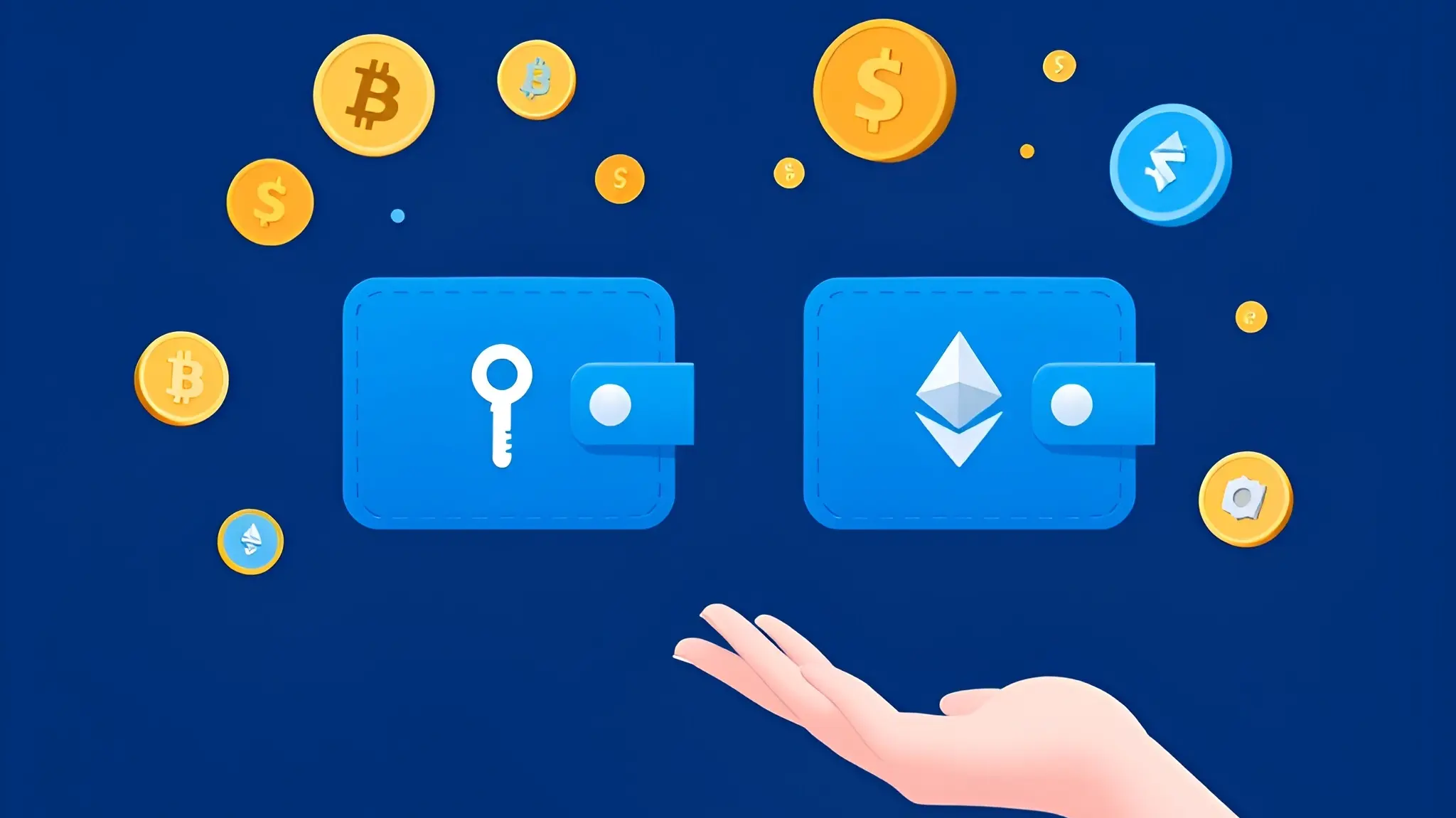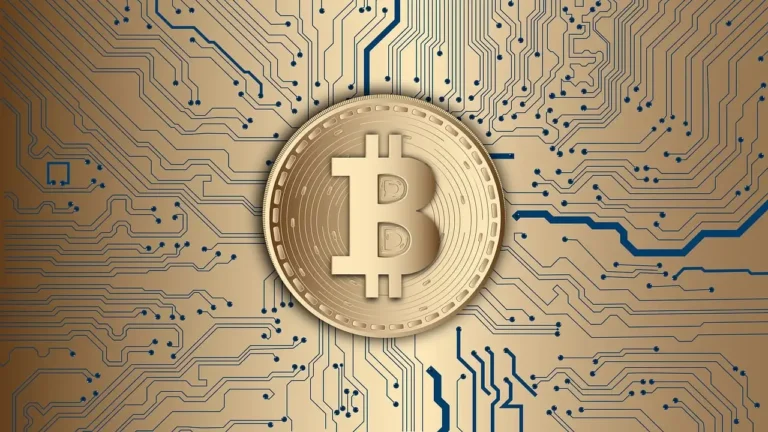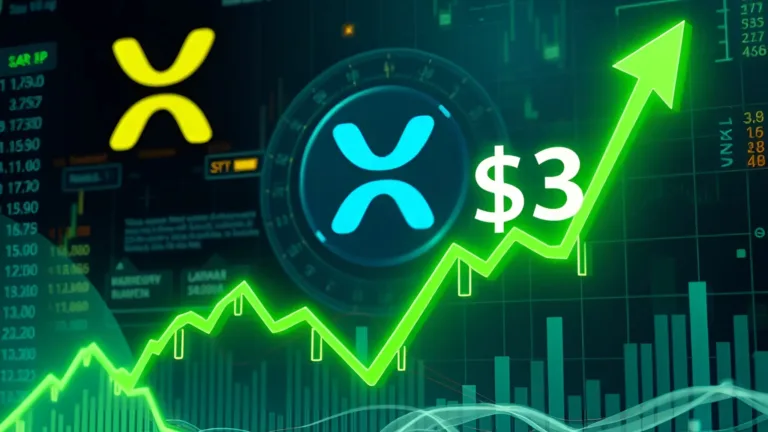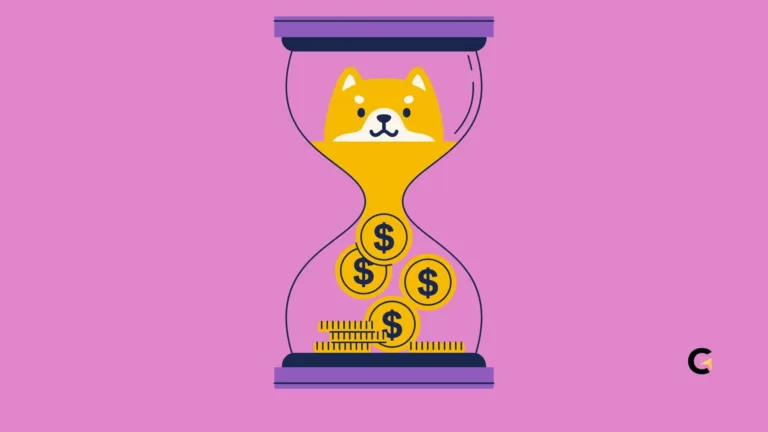6 Best Non-Custodial Wallet for 2025
The best non-custodial wallet ensures maximum security and full control over private keys, making it the preferred choice for crypto enthusiasts.
Unlike custodial options, it eliminates third-party reliance, offering greater autonomy but also requiring users to safeguard their keys responsibly.
This article explores top 5 wallets, their benefits and risks, top picks for 2025, and essential tips for protecting your assets with a non-custodial wallet for crypto.
Key Takeaways:
ShowWhat Are the Benefits of a Non-custodial Wallet?
A non-custodial wallet is a type of crypto wallet where the owner is exclusively responsible for managing their private keys.
Unlike custodial solutions, there’s no central entity holding or controlling your assets on your behalf. Some of the primary advantages include:
1. Complete Asset Control
By choosing a non-custodial crypto wallet, users maintain total authority over their cryptocurrencies.
No institution can freeze, seize, or restrict access to your holdings, as no external entity holds your private keys.
2. Enhanced Privacy and Freedom
Non-custodial solutions typically require no extensive KYC (Know Your Customer) procedures.
Anyone with internet access can create such a wallet, making it more inclusive and censorship-resistant, especially in regions with strict financial regulations.
3. Direct Blockchain Interaction
Non-custodial wallets allow seamless access to decentralized finance (DeFi) protocols, decentralized exchanges (DEXs), and yield farming opportunities.
Because you’re interacting directly with the blockchain, there are fewer obstacles to participating in the global crypto ecosystem.
4. Minimal Third-Party Risk
With no centralized intermediary, you’re not susceptible to an exchange’s hacking incidents or insolvency risks.
While you do shoulder greater individual responsibility, the risk of a platform-based security breach is significantly reduced.
Potential Risks of Non-custodial Wallets
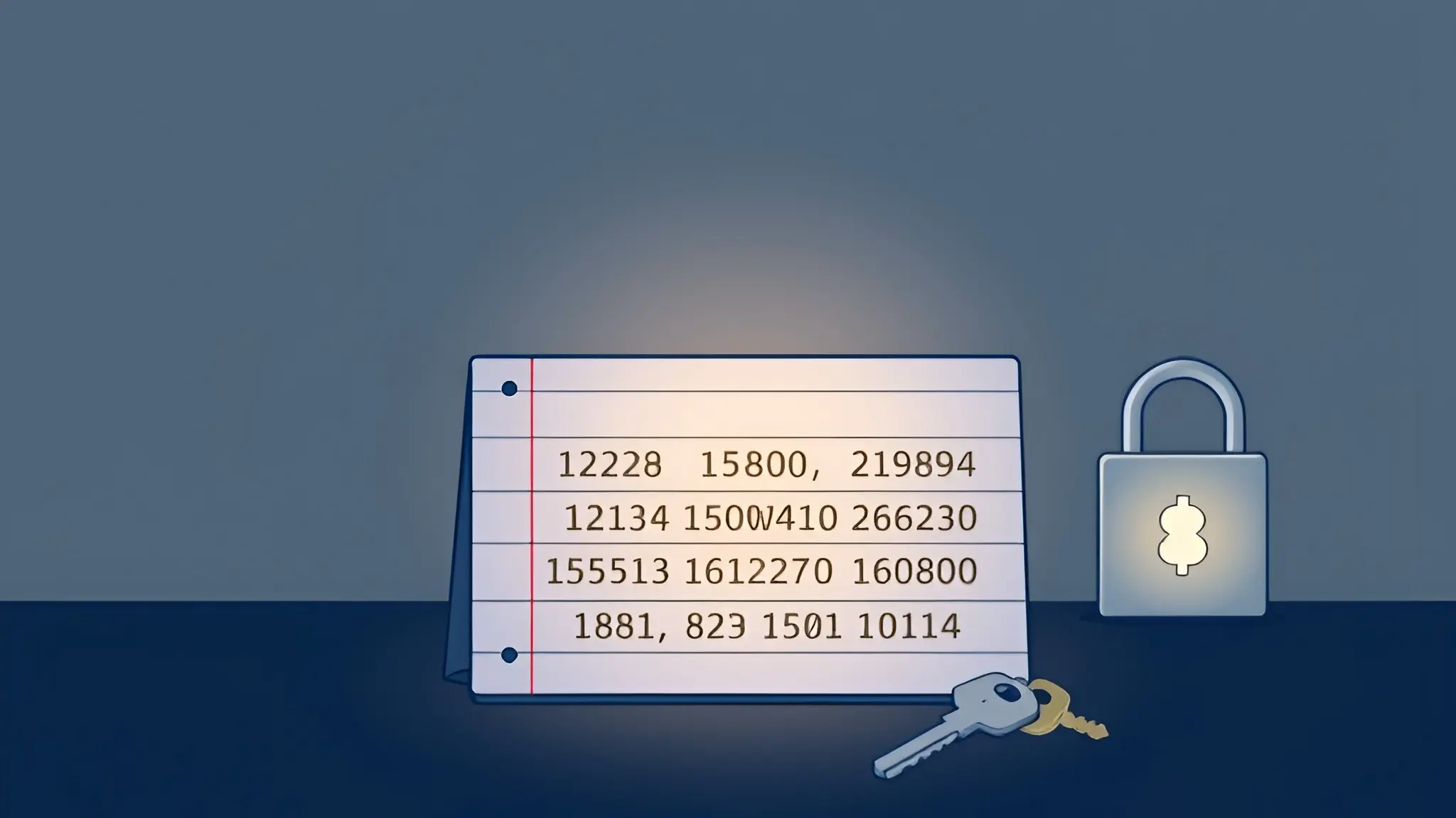
Though they offer greater self-sovereignty, non-custodial wallets also present a few notable challenges:
1. Sole Responsibility for Private Keys
If you misplace or forget your private key or seed phrase, you lose access to your wallet—often irreversibly. There’s no support team to reset or recover your credentials.
2. Increased Vulnerability to Scams
Less tech-savvy users may fall victim to phishing schemes or rogue apps if they do not exercise caution.
Hackers often target inexperienced individuals by posing as wallet providers or offering fake software downloads.
3. Less Convenient for Beginners
Many first-time investors find it easier to keep crypto on an exchange, where familiar account recovery and support options exist.
Non-custodial wallets can be daunting for newcomers who aren’t comfortable managing their own security protocols.
4. Minimal Customer Support
Should you run into issues or forget your passcode, a non-custodial system typically can’t assist.
This absolute ownership means you carry both the autonomy and all the responsibilities of asset management.
What’s the Best Non-Custodial Wallet?
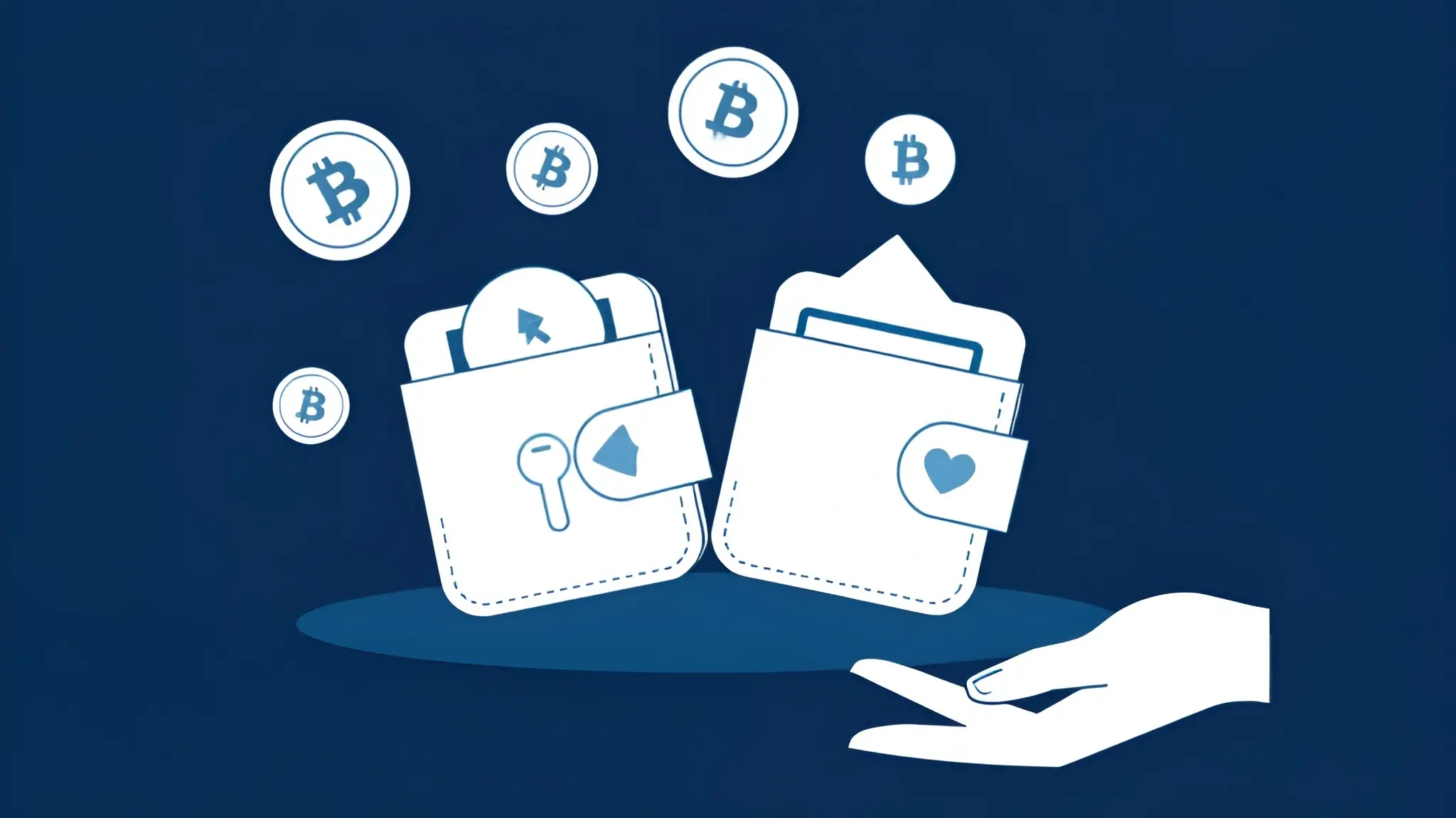
For crypto HODLers serious about security, the safest non-custodial wallet is often the go-to method of safeguarding digital assets.
Below is an overview of prominent wallet solutions suitable for different requirements, from multi-chain compatibility to hardware-based security.
1. OKX Wallet – The Best Non-Custodial Wallet 2025
The OKX Wallet is a decentralized, multi-chain wallet that opens the door to numerous blockchain networks, including Ethereum, BSC, Aptos, Arbitrum, and Solana.
It combines ease of use with extensive Web3 features.
- Key Features:
- Supports over 60+ networks (Solana, Ethereum, TRON, BSC, Arbitrum, and more) in a single interface.
- Available as a browser extension (Chrome, Brave, Edge, Firefox) and mobile app (iOS, Android).
- Integrates directly with the OKX exchange, allowing a smooth transition between centralized exchange functions and DeFi activities.
- Advantages:
- Beginner-friendly setup.
- User privacy ensured by its non-custodial nature.
- Comprehensive multi-chain access.
- Compatible with a broad range of devices and OS platforms.
- Drawbacks:
- Fiat on-ramps are limited to certain currencies.
- Geographic restrictions may impede direct crypto purchase for users in certain regions.
2. MetaMask – Top Non-Custodial Wallet for NFT Enthusiast
Renowned primarily for Ethereum-based assets, MetaMask supports any blockchain utilizing the EVM (Ethereum Virtual Machine).
It appears as both a browser extension and a mobile app, enabling NFT and DeFi access.
- Key Features:
- Facilitates secure interactions with decentralized applications, eliminating the need to run an entire Ethereum node.
- Offers multiple wallet addresses, making it easier to separate your NFTs or tokens.
- Synchronizes transactions and activity between desktop and mobile versions.
- Advantages:
- Straightforward setup and widely accepted across DeFi and NFT platforms.
- The mobile app includes a built-in browser specifically designed for dApp usage.
- Allows for exporting and importing multiple addresses.
- Drawbacks:
- Being a common target of phishing, fake MetaMask extensions are prevalent, requiring users to remain vigilant.
- Certain data usage in the installed browser might pose a privacy risk.
3. Trust Wallet – Most Popular Non-Custodial Wallet
Trust Wallet serves as a non-custodial wallet for crypto that accommodates diverse digital assets, from mainstream coins to niche NFTs.
It hands private key management over to the user, minimizing reliance on centralized services.
- Key Features:
- Comes as a mobile app (iOS and Android) plus a desktop browser extension (Chrome, Brave, Opera, Edge).
- Provides an integrated dApp browser for interacting with Binance Smart Chain and Ethereum-based protocols.
- Allows direct staking for multiple cryptocurrencies, generating passive rewards.
- Compatible with hardware wallets, such as Ledger, for enhanced security.
- Advantages:
- Straightforward user interface with broad asset support (including SHIB).
- Built-in swap function and robust staking options.
- Easy cross-integration with the Binance ecosystem.
- Drawbacks:
- Absence of two-factor authentication (2FA).
- A significant security breach in 2023 involved the iOS Binance version and Trezor-Crypto integration, highlighting potential vulnerabilities.
- No cross-chain transfer function.
4. Exodus – Non-Custodial Wallet with Most Assets
Exodus is a popular multi-chain, non-custodial crypto wallet that can hold assets like BTC, ETH, SOL, and SHIB, among others.
Its clean, user-friendly interface appeals to both new investors and longtime crypto enthusiasts.
- Key Features:
- Access available via desktop app, browser extension, or mobile device.
- Regular updates ensure compatibility with new tokens and keep the user interface modern.
- Built-in staking, swapping functionalities, and Trezor hardware wallet integration for higher security.
- Includes NFT management, simplifying the purchase, sale, or storage of digital collectibles.
- Advantages:
- Supports 250+ cryptocurrencies.
- Lower fees on certain chains like Solana Pay.
- Zero staking fees for SOL tokens.
- Seamless compatibility with major Web3 apps (AAVE, OpenSea, Magic Eden).
- Drawbacks:
- Lacks two-factor authentication (2FA).
- Relies heavily on device-based biometric security, so users must protect their devices diligently.
5. Ledger – Top Hardware-Based Non-Custodial Wallet
Ledger is the leading hardware-based non-custodial wallet, keeping private keys offline for maximum security.
It offers products like the Ledger Nano S and Nano X, catering to different budgets and feature sets.
- Key Features:
- Ledger Live application to oversee assets, stake coins, and verify transactions.
- Secure Element chip and PIN-based access, preventing unauthorized use.
- Compatible with various software wallets (e.g., MetaMask) to facilitate a hybrid approach.
- Advantages:
- Safest non-custodial wallet for long-term storage due to offline key management.
- Broad asset support covering Bitcoin, Ethereum, Solana, and thousands of tokens.
- Offers Bluetooth connectivity in certain models, plus multi-platform compatibility.
- Drawbacks:
- Requires purchasing a physical device.
- Less convenient for frequent traders due to the need to connect the hardware for each transaction.
6. Trezor – The Safest Non-Custodial Wallet
Trezor was among the earliest hardware wallets in the crypto space, developed by SatoshiLabs.
It features two main models—Trezor One for beginners and Trezor Model T for advanced users seeking additional capabilities.
- Key Features:
- Stores private keys in a secure, offline environment.
- PIN protection on the device itself plus optional passphrase, 2FA, and Shamir backup (Model T).
- Open-source software fosters trust and transparency.
- Advantages:
- Multi-signature capability for added transaction security.
- Regular firmware updates and an active user community.
- Suitable for high-value assets thanks to robust security design.
- Drawbacks:
- Past vulnerabilities (since resolved) showed that hardware wallets aren’t 100% risk-free.
- Costs range from $49 for entry-level to higher prices for feature-rich versions.
4 Tips for Safely Using a Non-custodial Wallet
Adopting a best non-custodial wallet demands responsibility, as you alone safeguard your keys. Here are the best way to secure your wallet and mitigate any risk:
1. Keep Private Keys Offline
Seed phrases or private keys should never be stored in cloud services. Physical backups—written down and kept in a secure, locked environment—are recommended.
2. Protect Your Devices
Install reputable antivirus software, avoid suspicious links and emails, and check for SSL certificates when browsing. Regular software updates further reduce vulnerabilities.
3. Add Extra Layers of Security
Whenever possible, enable 2FA. A hardware wallet, such as Ledger or Trezor, provides another layer of protection for larger holdings. Also consider encrypting backups on an external drive.
4. Backup Frequently
Periodically create backups of your wallet in case your main device is damaged, lost, or compromised. Ensure your backups remain encrypted and secured.
Final Thought
A non-custodial wallet for crypto is considered highly secure, but it requires users to exercise caution and discipline.
Losing a seed phrase or exposing a private key can result in the permanent loss of assets.
By implementing security measures such as strong passwords, offline key storage, and regular backups, risks can be significantly minimized.
Overall, this type of wallet provides users with full control over their assets, eliminating reliance on third parties. For HODLers, choosing the best non-custodial wallet is the smart way to go!
Pertanyaan Terkait:
Apa saja wallet non-custodial?
Beberapa dompet non-kustodial yang populer meliputi:
- MetaMask (untuk Ethereum dan jaringan kompatibel EVM)
- Trust Wallet (mendukung banyak blockchain)
- Phantom (khusus untuk ekosistem Solana)
- Exodus (dompet multi-chain dengan antarmuka ramah pengguna)
- Ledger Nano X (dompet perangkat keras untuk keamanan ekstra)
- Atomic Wallet (mendukung berbagai aset kripto)
Apa arti non-custodial?
Non-custodial berarti pengguna memiliki kendali penuh atas aset mereka. Dalam dompet non-kustodial, pengguna menyimpan private key sendiri, tanpa perantara pihak ketiga seperti bursa kripto. Ini memberikan keamanan dan privasi lebih tinggi, tetapi juga tanggung jawab penuh atas keamanan dompet.
Bagaimana cara membuka dompet non-kustodian?
- Pilih dompet non-kustodial – Unduh aplikasi seperti MetaMask, Trust Wallet, atau Phantom dari situs resmi atau app store.
- Buat dompet baru – Ikuti proses pembuatan dan simpan seed phrase (frasa pemulihan) yang diberikan.
- Amankan seed phrase – Tulis dan simpan di tempat aman, jangan pernah membagikannya kepada siapa pun.
- Mulai menggunakan dompet – Tambahkan aset kripto, kirim atau terima transaksi, serta hubungkan dengan aplikasi Web3.

